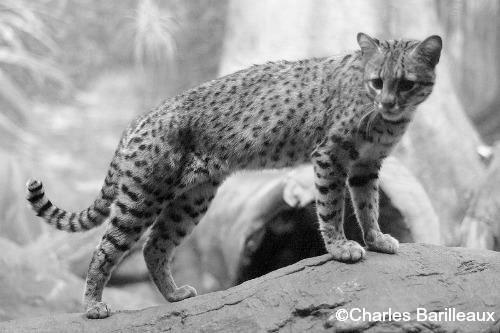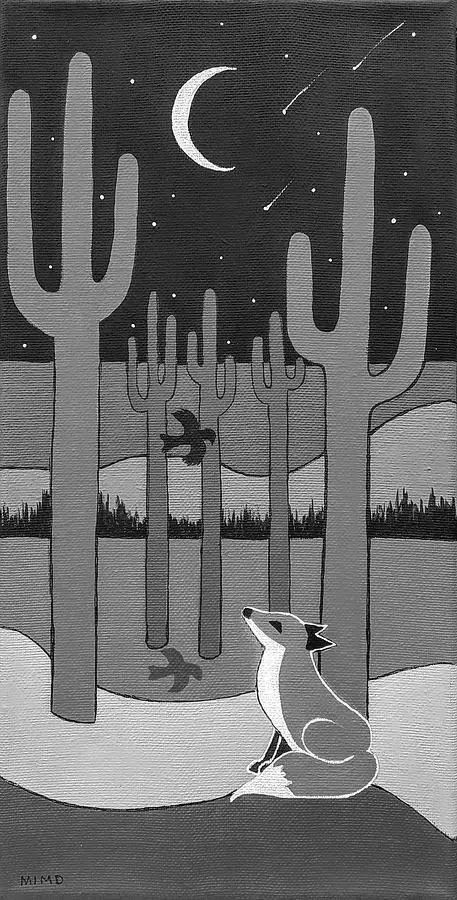Some states have laws against hunting at night. This article will discuss the legalities, dangers and penalties of this activity. We’ll also discuss the states that allow it and the fines associated with it. You’ll find that some of these laws have been interpreted more liberally than others. However, they do still have some limits. In some cases, you can legally hunt at night without fear of prosecution.
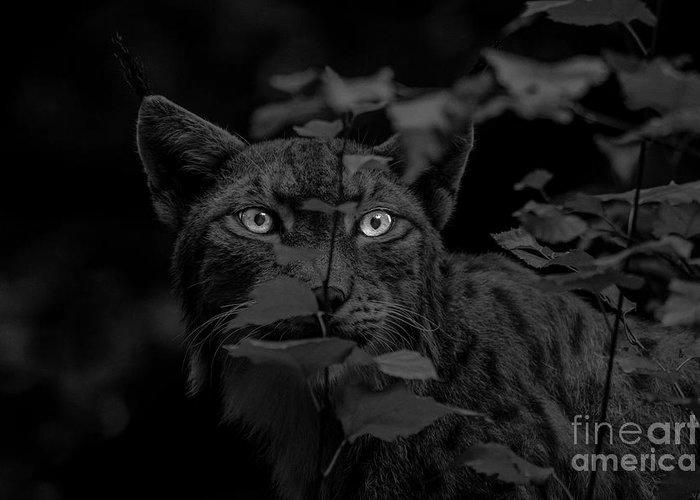
Legality
While the use of artificial lights is allowed to increase visibility, the use of night vision equipment is illegal. However, if you are hunting unprotected wildlife, night hunting is legal. Additionally, the use of artificial lights is allowed in certain units of the country. You must have a trapping license to take advantage of more liberal regulations. You can also hunt both big and small game at night. Here are some of the rules for hunting at night.
In the United States, hunting at night is permitted for certain types of game animals, but is restricted to certain animals. While hunting a deer at night is illegal in all states, hunting a turkey or an elk is permitted in most states. Moose hunting at night is also permitted in some states. There are also exceptions to the rules. However, it is always best to check with your state’s officials before hunting at night.
Some states, like Connecticut, allow hunting at night, including coyote and foxes. There are also restrictions on what kinds of firearms can be used. In Colorado, night hunting is allowed for foxes and striped skunks, but artificial lights cannot be attached to a vehicle. In Washington, hunters must have a small game license to hunt at night. But, in New Jersey, hunting at night is not legal for deer.
In New Mexico, night hunting is not permitted. But landowners have the right to prevent the use of artificial lights on their property. They also can’t use night vision or infrared lighting while hunting. However, using a starlight scope is legal. In some cases, night vision equipment can also be used. If you’re not sure whether night hunting is legal in your state, check with your local police department.

Dangers
While the level of danger is different for different types of hunting, the most common problem that comes with night-hunting is limited vision. The lowered visibility can make it difficult to recognize your target, which means you are more likely to shoot humans, domesticated animals, or even other hunters. Even worse, the limited vision makes it difficult to distinguish animals from one another, which can lead to mishaps, such as shooting in the direction of a house or a road.
While hunting during the night is not illegal in every state, some of the most common predators are more active and difficult to see. For example, a grizzly bear is not a small animal, but it is quite dangerous. While this is not always the case, it’s better to be safe than sorry. Depending on the area, you can also encounter coyotes, bobcats, or feral hogs at night. Hunting during the night can be challenging and fun, so be sure to research your local hunting laws before going out.
Another animal that is harder to track at night is the coyote, which is a significant threat to whitetail herds. According to a study by the U.S. Forest Service’s Southern Research Station, coyotes were responsible for eighty percent of fawn mortality. Other states have also passed legislation to allow night-hunting for coyotes, and Kansas recently passed legislation to permit hunting for coyotes in early 2021. However, the laws will not allow hunters to hunt for coyotes at night unless they have thermal-optical or night vision equipment.
If hunting at night in the United States, be sure to check the weather forecast before you set out. Despite the fact that most smartphones have built-in GPS devices, cell phone coverage can be spotty in remote areas. That’s why you’ll want to invest in a separate GPS device. These devices aren’t cheap, but they’ve come down in price, making them more affordable than ever. Don’t forget your first aid kit. Don’t forget to bring bandages, antiseptic, and more.

States that allow it
There are certain counties that allow night hunting. The regulations in each state are different, so check with the local officials before setting out on your hunt. Hunting for raccoons, opossums, foxes, mink, and skunks at night is allowed. Hunting these animals during the daytime requires a hunting permit, and it’s illegal to use artificial lights.
In South Dakota, night hunting is allowed for certain species. Depending on the state, you can hunt foxes, badgers, nutria, coyotes, or beavers. The use of night vision equipment is allowed during certain seasons, and you don’t have to hunt using a firearm. Generally, though, night hunting is only allowed for certain types of animals. You should always check the laws in your state before hunting in the dark.
Delaware allows night hunting. Depending on the animal species, you can hunt frogs, muskrats, raccoons, opossums, and mink. Coyotes are a protected species in Delaware, but are not illegal to hunt at night. You’ll need a hunting license, which means you’ll need to be armed and aware of your surroundings.
The first night hunting season began in 1991-92. This season was supposed to be restricted to only those listed on the permit. The timing was chosen to avoid conflicts with other hunting seasons, such as during prime fur season. However, it still required good moonlight and snow cover to be effective. In 1991-92, the Commission also prohibited artificial lights from being used during nighttime hunting. If you’re planning to go out hunting in this way, don’t forget to ask the landowners if they’re happy with it.
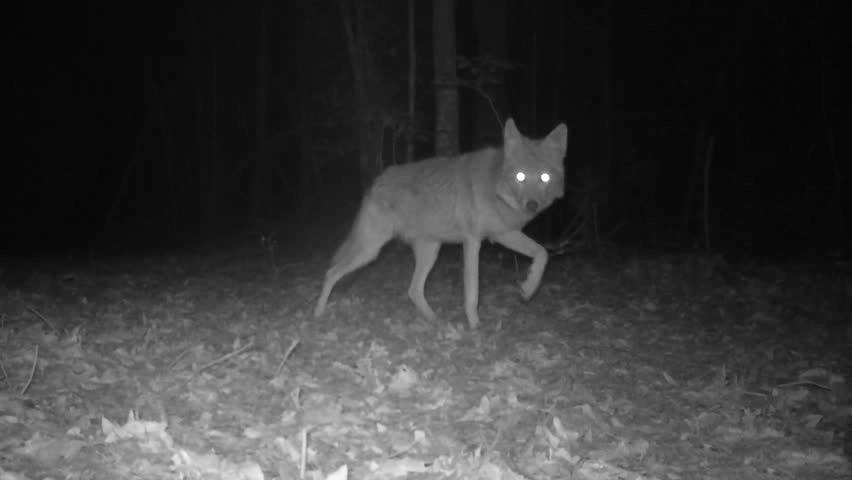
Unlike the past, night hunting is legal in many states. In some areas, the season is long enough for hunters to use night vision optics and night vision scopes, and the use of them is not restricted. Just remember to check with your local wildlife office to ensure that you’re not violating any laws governing night hunting. There are only a few restrictions for using night vision equipment and accessories, and you must have written permission from the landowner before using one.
Fines
There are many different laws about night hunting in the United States. It is illegal to hunt game animals at night, either with or without bait or electronic calls. The laws also prohibit using artificial light or hunting across a public paved road. If convicted, a person cannot hunt feral hogs, coyotes, armadillos, or raccoons at night. A third offense or subsequent conviction can lead to prison time.
In many areas, night hunting is only allowed when it is allowed during the day. The definition of “day” is the period between official sunrise and sunset. If you are convicted of violating the law, you could be fined up to $1,000 or more. In some areas, night hunting is not permitted at all, so be sure to check the laws before you go out. Even if you are not convicted of any criminal offense, you can still be fined for night hunting.
For instance, if you are caught night hunting, your firearms and ammunition will be confiscated. You may also be fined if you display artificial lights while hunting. In some states, however, the use of artificial lights is considered “hunting” and can serve as prima facie evidence of a night hunting conviction. If you are convicted, your firearm and ammunition can be confiscated and delivered to the department.
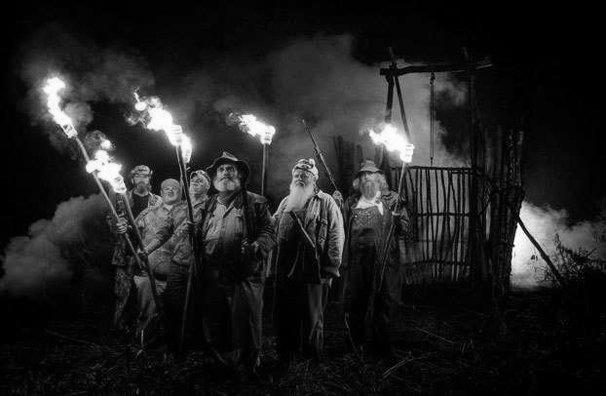
Where to hunt
Where to hunt at night can be difficult for a hunter because the game is usually much more difficult to spot during the dark hours. If possible, hunt in a wooded back or on an elevated site. If you’re hunting in a group, make sure to sit close together, as your vision is much less likely to be impaired at night. And always remember to bring extra flashlights or a flashlight for the backcountry.
There are several states where hunting at night is permitted, but it’s important to check your local laws before you head out in search of game. Some states, such as New Mexico, prohibit hunting of big-game at night, but you can go hunting for non-game animals. In some states, such as Montana, hunting raccoons at night is illegal without a hunting license. And if you are looking for a challenge, night hunting is a great way to get the most out of your hunt.
Before you head out for your night hunt, it’s important to investigate the surroundings and talk with other hunters to determine if the location is safe for hunting. Remember that animals like coyotes and feral hogs can make you fall victim to a mistake, so always check out the area before you head out. By following these tips, you can make your night hunt a successful one. The safety of yourself and your fellow hunters is crucial, as most hunting accidents occur due to improper preparation or planning.
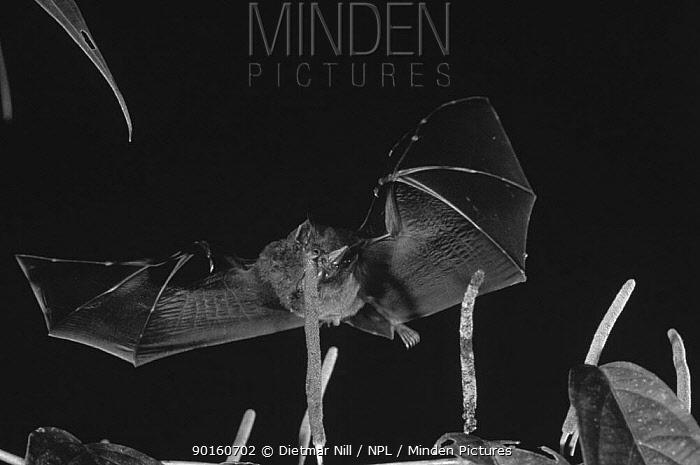
Once you’ve decided on a location, you should move on to the next location after about 45 minutes or an hour. While most animals are nocturnal, there are situations where they become aggressive and dangerous, such as a wounded animal or a mother with piglets. And never forget to bring a first aid kit with you! Bandages, antiseptic, and a first aid kit are essential items to have with you on a nighttime hunt.
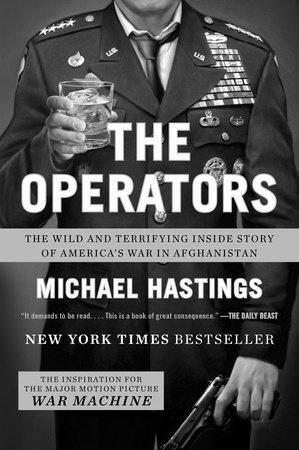
In Michigan, a biologist for the state Department of Natural Resources is urging people to stop baiting deer in an attempt to reduce the spread of Chronic Wasting Disease, or CWD. Chad Stewart is a deer, elk, and moose management specialist and a recognized expert on Michigan wildlife. He says Michigan’s ban is a good move and has the potential to help protect the state’s economy.
Chronic wasting disease
The Department of Natural Resources (DNR) has expanded its support for wildlife habitat, which provides valuable habitat for a variety of species including deer, turkey, pheasants, ducks, rabbits, songbirds and pollinators. The agency is also focusing its resources on the impact of chronic wasting disease on Michigan’s white-tailed deer population, which has seen a sharp increase in recent years. However, the disease is a persistent and difficult problem to eradicate.
In June 2018, the Natural Resources Commission adopted new regulations aimed at managing CWD. These regulations include a complete ban on deer baiting in the Lower and Upper Peninsula. The ban on baiting was prompted by CWD-positive deer in Menominee County, a bordering county in Wisconsin. The legislation was delayed until the 2019 deer season, allowing farmers and hunters to make plans and adjust.
In the last year, conservation officers made more than 2,000 arrests for wildlife violations, and 44 of these were for CWD-baiting violations in Lower Michigan. While CWD is not harmful to humans, it is an environmental contaminant that can infect humans and cervids. Therefore, if you plan to use a bait that contains CWD, be sure to check with the Centers for Disease Control.
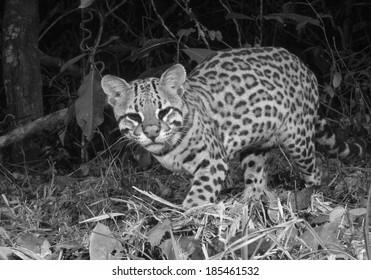
The Department of Natural Resources also recently proposed a ban on deer baiting in the U.P. During the winter months, Michigan’s harsh winters make it hard for deer to survive. As a result, deer congregate in “deer yards,” where chronic wasting disease is spread. By banning deer baiting in Michigan, the disease could be eradicated and wildlife populations would recover.
If you’re a hunter in the state, you can get free deer testing during the hunting season. In some counties, including Jackson and Southern Isabella, this testing is now available for hunters. The remaining counties will get tested in four years. Testing for CWD is free for deer harvested in the southernmost counties in Michigan and in parts of the Upper Peninsula. During this time, it is important to follow current regulations on baiting and feeding.
Economic impact
Stopping baiting of deer in Michigan would benefit hunters, the state government and the environment, and the local communities. The Chamber of Commerce of Pettalia is working to educate area residents about the negative impact of baiting. It also invited Dick Posthumus, senior policy adviser to Gov. Rick Snyder, to attend town hall meetings to discuss the problem. The Michigan House of Representatives approved the resolution at the end of June.
Hunting and fishing generates a lot of economic activity for the state, and deer baiting plays a big role in this economy. Approximately 13 million hunters in the United States pursue white-tailed deer, which contributes $2 billion to the state’s economy. But the baiting of deer also increases the risk of disease transmission. In Michigan, the state employs sharpshooters to kill deer herds.
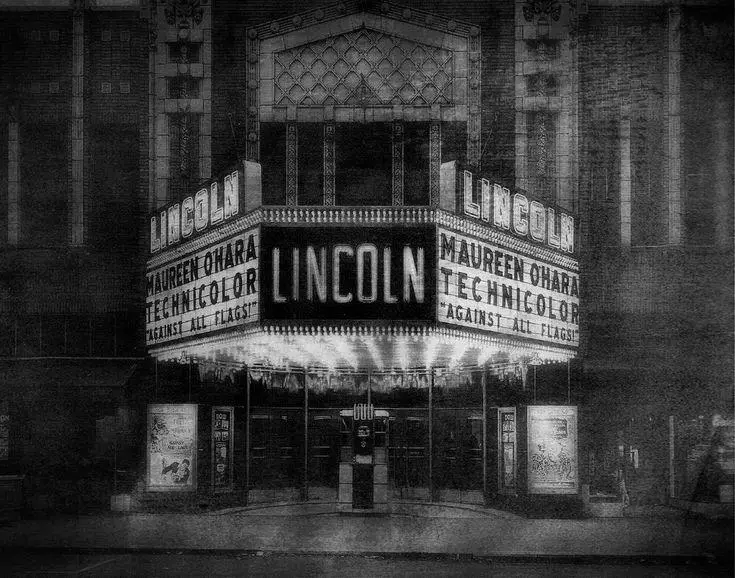
According to a recent report, illegal baiting of deer in Michigan results in fewer jobs for hunters and a reduced amount of hunting revenue. A study of five counties in Michigan found that the ban reduced hunter productivity by 59% and reduced kills by 30%. And 31% of gun hunters in the same region stopped hunting altogether. Clearly, this legislation is hurting local businesses and Michigan’s economy.
The state’s deer herd is already under threat from chronic wasting disease, which could destroy the deer herd. It is estimated that hunting provides an estimated $2.3 billion in economic activity in Michigan every year. Hunting also helps boost rural economies. In the northeastern Lower Peninsula, MSU Extension works closely with local farmers to implement deer farming methods that are environmentally-friendly and promote economic development.
The ban is in place because the state’s Natural Resources Commission has deemed the practice unethical and illegal. The bans are intended to protect the deer herd from chronic wasting disease (CWD), a fatal neurological disease that affects deer, elk, and moose. Supporters of overturning the ban claim that the ban hurts the state’s hunting industry and does little to combat the disease.
Economic impact on disabled hunters
A new bill proposes to amend the Natural Resources and Environmental Protection Act to increase accessibility for disabled hunters and anglers. This bill would make it possible for disabled residents to purchase a hunting license at a reduced senior rate. Because adaptive equipment, transportation, and supplies can be expensive, a reduced license rate is highly advantageous. The bill also stipulates that a person with a disability must have a letter from the Veterans Administration stating that he is totally disabled and eligible for full veterans’ benefits.
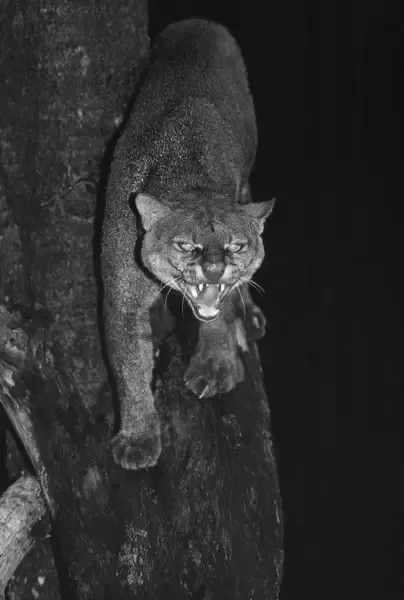
The bill would expand the youth firearm deer season in Mason, Newaygo, and Oceana counties to include disabled veterans. This bill also increases recreational deer hunting opportunities for these individuals. The Department of Military Affairs supports increased access to hunting opportunities without adverse effects on the state’s resource base. As a result, the bill would result in a revenue loss of approximately $7.80 per person, which is a significant amount for an agency such as the Department of Natural Resources.
The economic impact of hunting in Michigan is substantial, with over $2.3 billion being generated by license purchases each year. This figure includes the cost of gas, food, lodging, and hunting equipment. In addition, hunting and fishing leisure travel in Michigan support an estimated 171,000 jobs annually. In addition, disabled hunters and anglers also support the economy by spending money on equipment, gas, hotels, and meals. This makes the state’s economy a better place to live and work for all.
According to the Michigan Department of Natural Resources, more than 525,000 people purchase deer hunting licenses in the state. Despite the fact that disabled hunters are now restricted to a special weekend in October, deer hunting in Michigan remains popular, and more than 734,000 people purchased a deer hunting license in 2006.
Impact on state’s economy
In Michigan, stopping the baiting of deer has a serious impact on the state’s economy. Deer hunters spend more than half a billion dollars on food and lodging each year, and this boost to the economy is not just in urban areas. Rural areas in Michigan rely on hunting to survive. In fact, many small towns rely on the deer seasons to survive. And since baiting is a major part of deer season business, its impact on the state’s economy is considerable.
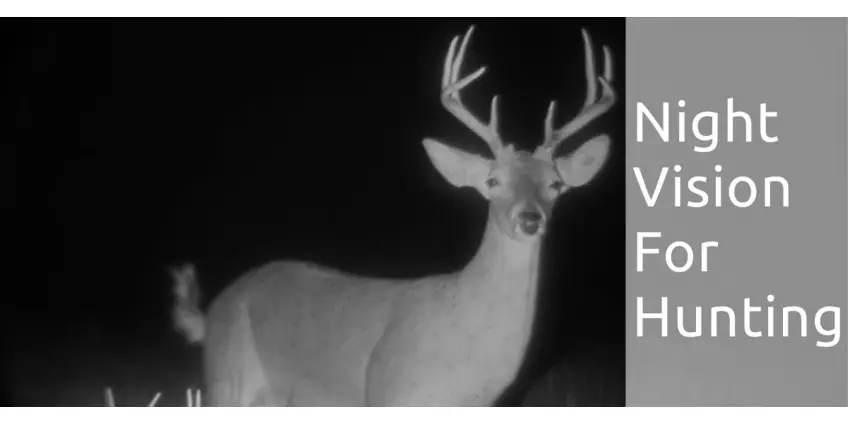
The Department of Fish and Wildlife will soon be reviewing its deer management plan and hunting guidelines. The plan will focus on educating hunters who bring in dead deer from out-of-state. The ban will include a temporary ban on bait and minerals. It will affect hunters most. It is expected to go through a special meeting this week. The NRC is planning to consult with anyone impacted by the ban, including hunters.
While the state’s deer management program should be centered on the health of the deer population, it should not be too conservative. Too little hunting will only aggravate the problem. In addition to not reducing the population, it may also result in crop damage. That’s why stopping baiting of deer is important for both farmers and the state’s economy. The decision to stop baiting deer is a major step toward achieving that goal.
While baiting deer is an effective way to control the population of deer, a large number of farmers and ranchers disagree with this practice. Several methods of nonlethal deer control are available for homeowners. These include fences, repellents, and landscaping with plant species that are less appealing to deer. In some areas, however, this solution is less expensive than some other alternatives.
While some researchers have concluded that minimal baiting can still provide hunters with a high level of satisfaction, there is no evidence that the practice actually prevents the spread of disease. In some regions, the use of supplement food as bait may actually increase the population of deer around bait sites, causing increased contact rates and potential for disease transmission. These same effects could occur when supplement food is used for baiting during the winter months, as well.
